AO Edited
Hope Cemetery
This large cemetery is known as the museum of granite sculptures.
Located in Barre, Vermont, the “Granite Capital of the World,” Hope Cemetery serves not only as a place to remember those who work outside the craft and are buried there, but also as a tribute to the stone cutters and artisans interred amongst the sculptures they created while they lived.
Established in 1895, Hope Cemetery consisted then of 53 acres designed and planned by the renowned landscape architect Edward P. Adams. By that time, stone cutters from all over the world, especially Italy, were flocking to Barre, Vermont, to enjoy the booming granite industry in the city. It is estimated that one out of every three memorials found across the United States was made using granite mined in Barre.
Barre is also known for having an uncommonly high death rate, but that, too, is related to the industry that made it famous. Silicosis, a respiratory disease that is caused by inhaling granite dust, led to an abnormal number of deaths in the area. When the Spanish Flu swept through the area, many knew that death could be just around the corner and got to work designing their own tombstones. This tradition has carried on ever since and about 75 percent of all of the tombstones found in Hope Cemetery were carved by the occupants of the graves they sit above.
Now about 65 acres in size, Hope Cemetery holds more than 10,000 tombstones and memorials. A common tourist destination, Hope Cemetery is known as the museum of granite sculpture or the gallery of granite artistry.
The Atlas Obscura Podcast is a short, daily celebration of all the world’s strange and wondrous places. Check out this episode about Hope Cemetery.








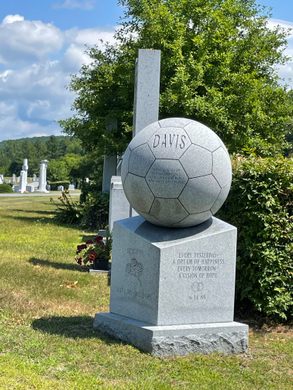

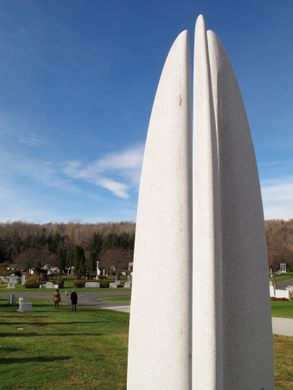


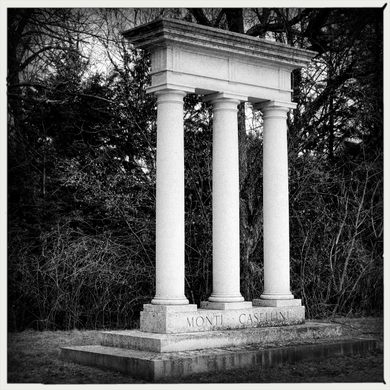

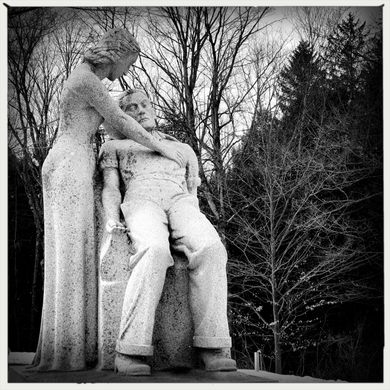
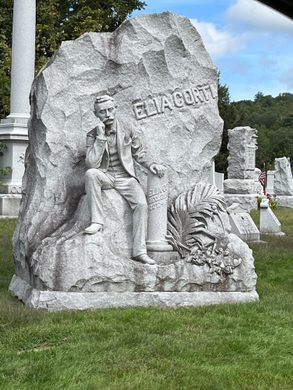
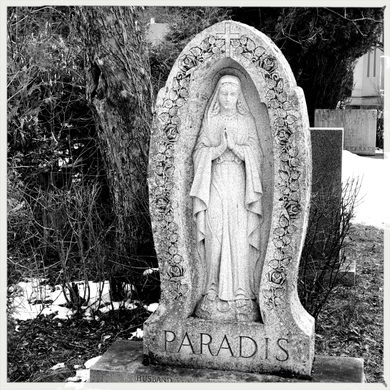
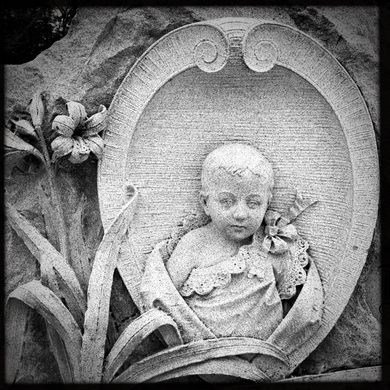
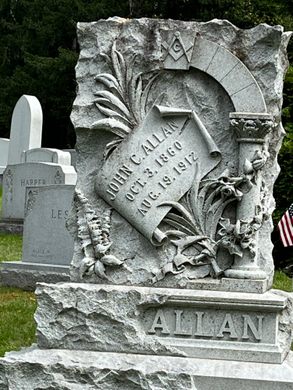
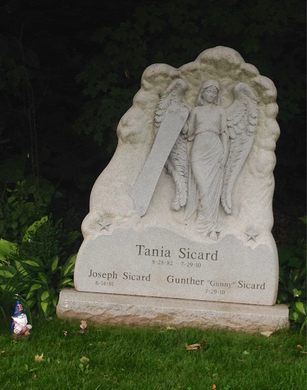
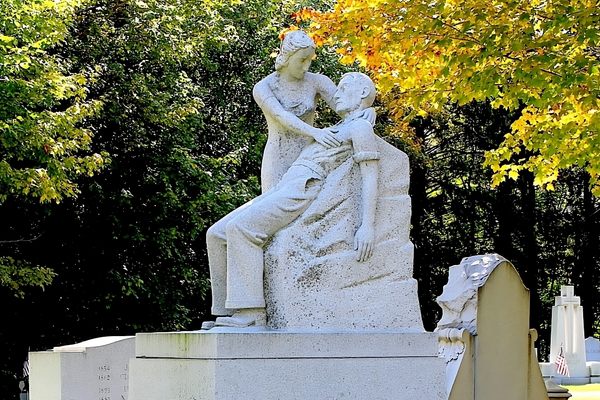








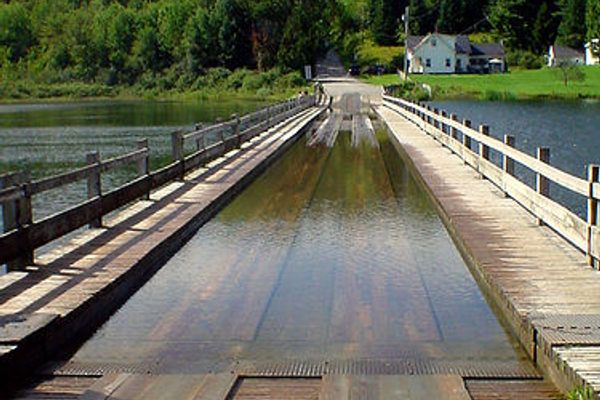
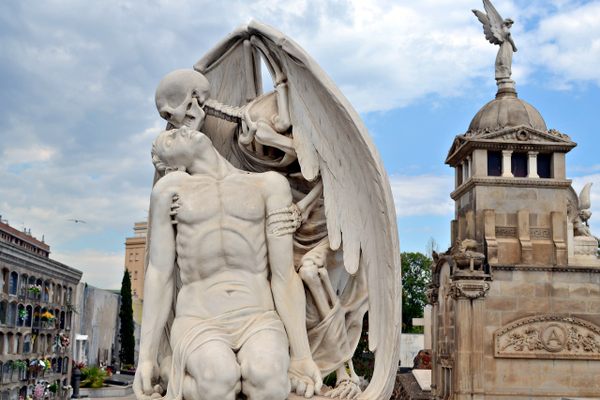
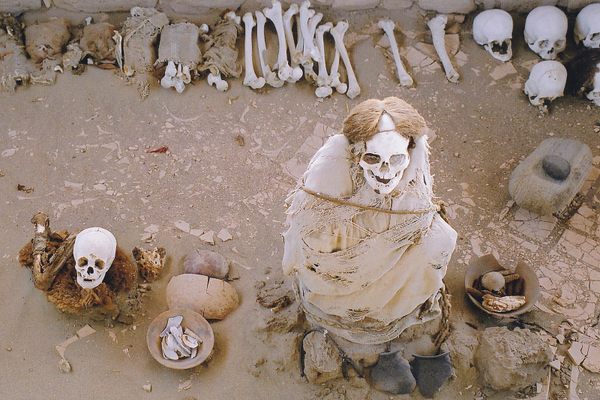

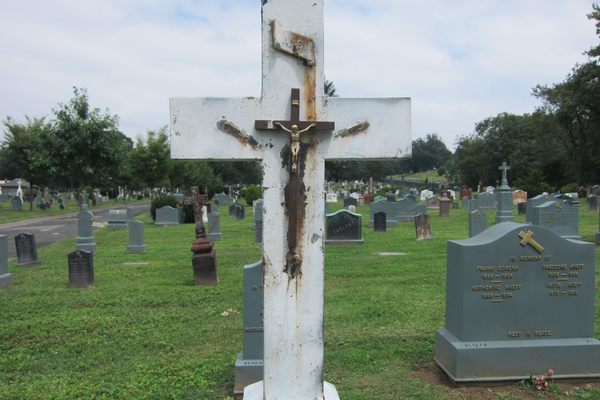
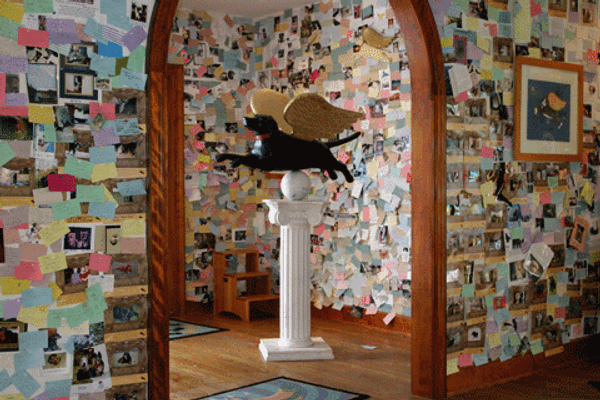

Follow us on Twitter to get the latest on the world's hidden wonders.
Like us on Facebook to get the latest on the world's hidden wonders.
Follow us on Twitter Like us on Facebook